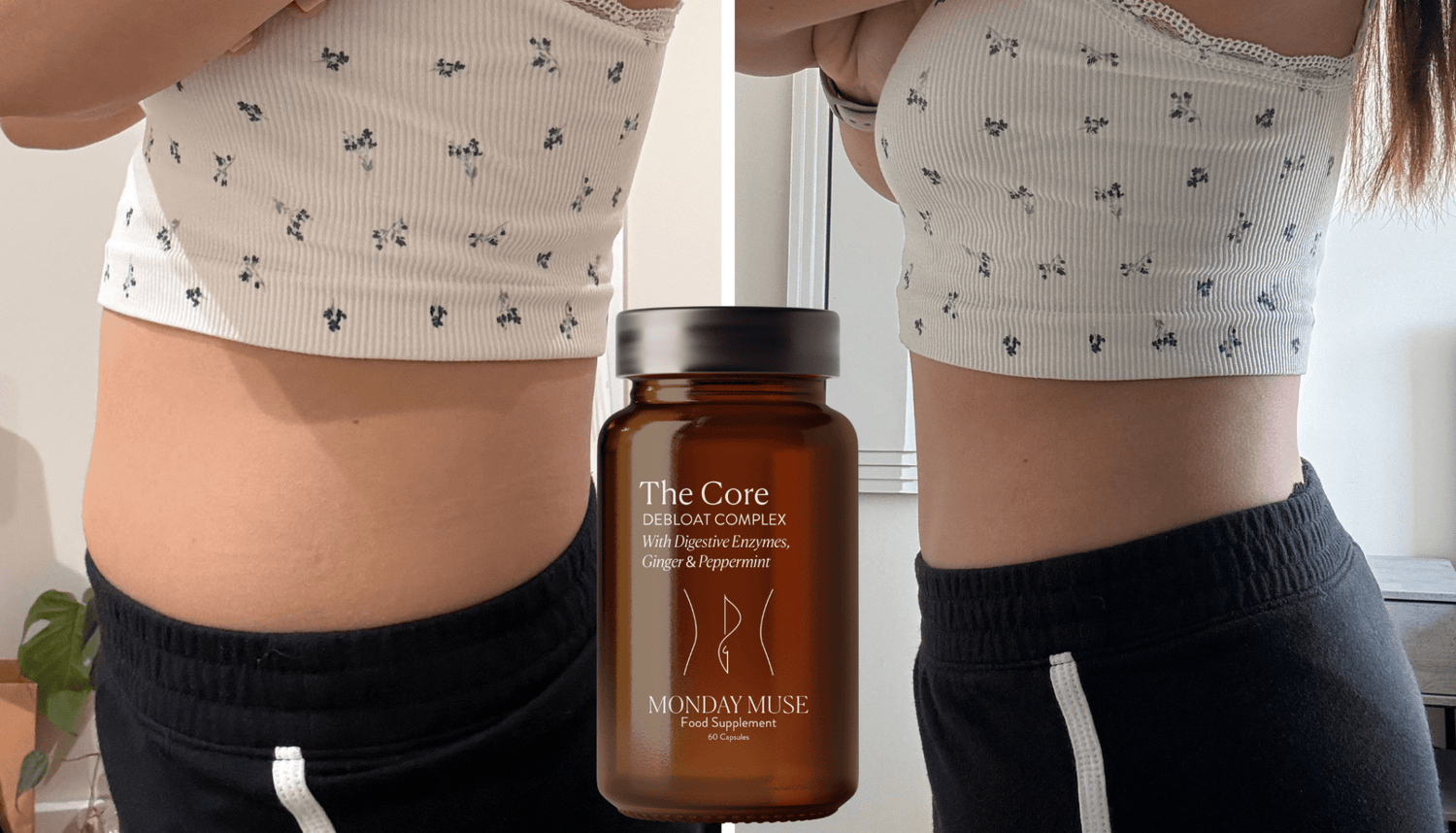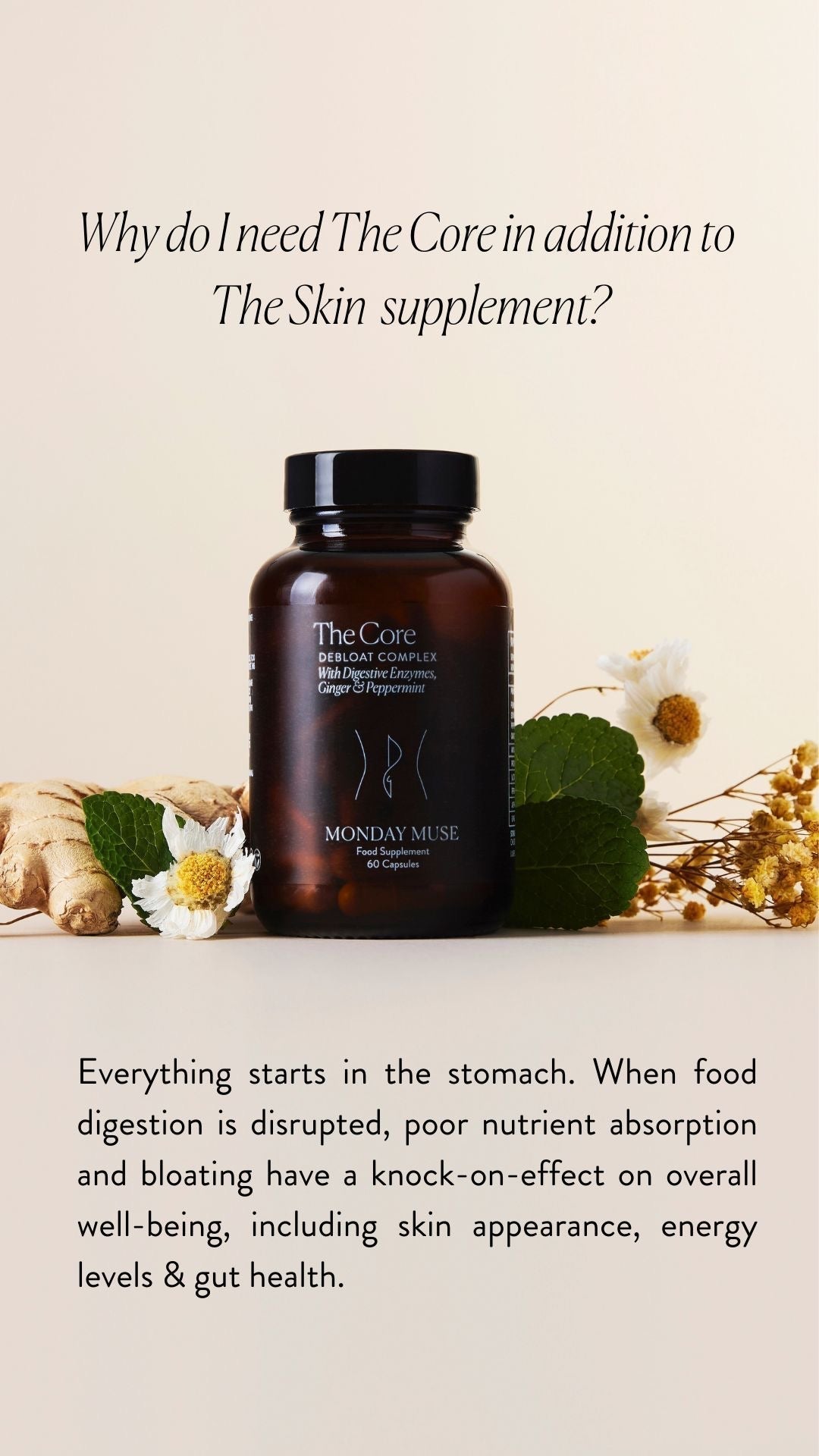For centuries plant oils have been used for cosmetic and medicinal purposes. Some believe that oils will lead to a greasy complexion and clogged pores but this article will show the common misconceptions and benefits of facial oils and how to find the right one for your skin type.
Benefits of a facial oil
Over the years plant oils have been researched for their biological effects on topical skin conditions and found to have many benefits. Each oil has specific compounds which can include antioxidant, antimicrobial, anti-inflammatory, and wound healing properties. When using the right facial oil for your skin, it can be a treatment for any skin barrier disruption and overall irritation. Oils are known to lock in moisture into the skin, which decreases the level of potential inflammation whilst strengthening and repairing the acid mantle. You see, the oil acts as a thin veil to protect it from water loss as well as from environmental stressors like pollution.
Moreover, oils can help regulate oil production as your skin will not feel the need to produce more oil naturally if it thinks it is getting enough already. It is a common misconception to think that oils are going to be pore-clogging but the right facial oil can actually help rebalance the skin.
So how to know which oil is right for your skin?
Each oil has a unique fatty acid composition and the differing ratios of essential fatty acids determine how each plant oil functions and how heavy they are going to be on the skin. In particular, the percentage level of the two main fatty acids called linoleic acid and oleic acid are important to identify. Research has shown that oils with a higher percentage of linoleic acid have stronger barrier repair potential and also are known to be more lightweight and quickly absorbed. Linoleic acid is not produced by our body on its own, which is why we need to add it through our diet and applying it topically. Oleic acid is produced by our bodies and gives a thicker consistency to the oil, providing extra nourishment.
Oils for acne-prone skin
In addition, research suggests that acne-prone, oily skin types have lower levels of linoleic acid in their skin, which is why it is even more important for these people to make sure to add it to your routine.
We have developed THE NECTAR, an award-winning & nutrient-dense, high linoleic acid facial oil loaded with vitamins and minerals to help nourish, balance, and calm your skin. For more information, click here.
 Skip to content
Skip to content





